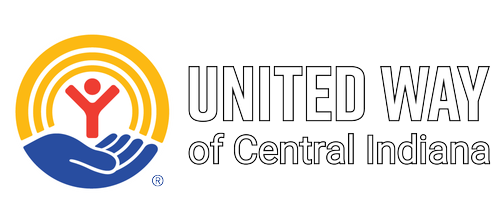Though employers have long understood that domestic violence affects the workplace (absenteeism, lost productivity, lower morale, higher turnover, increased danger for all workers and visitors), the vast majority still have not integrated intimate partner violence into their workplace violence plans.
Now that so many people are working remotely and expected to keep doing so for some time, are employers off the hook?
Unlikely. Security magazine in April 2020 said, “Affording measures to prevent domestic violence-related incidents when threats present themselves at the workplace (or, in the case of the new temporary normal, work-from-home place) fall within an employer’s broader legal obligation to provide a safe workplace and prevent violence.”
Employees are still employees, regardless of where they perform their duties. And the work they do for you can become a means of control for their abusers, says the Crisis Prevention Institute:
Exerting control over a victim’s employment is a form of harassment used by batterers to intimidate their partners. … One national study indicates that abusers typically disrupt [work] by depriving the victim of sleep, refusing to assist with childcare, physically injuring the victim before work, turning off the alarm clock, or creating an embarrassing situation [in front of the employer].
Employers can provide real help to victims and significantly reduce their exposure to risks.
How do we know if an employee is a victim?
Read About Domestic Violence to learn how to recognize domestic abuse.
If you have employees working from home, also look for these signs:
- Avoids being seen on camera (prefers to call in during Zoom meetings, for example).
- Is often interrupted by another adult (usually impatient or angry) in the house.
- Looks as though they haven’t slept or may be hiding marks with makeup.
- Is consistently late to or misses meetings or deadlines.
Sheltering Wings can help train employees and employers
If you’re an employer, we’d like to talk with you about what we can do for your employees. If you’re a worker, we hope you’ll approach your supervisor or Human Resources department to suggest they take the lead in arranging a training program. We’re not hard to find — just contact Melissa Echerd at (317) 386-5061.

 If your employee is in immediate danger, call 911 right now.
If your employee is in immediate danger, call 911 right now. If you need or more information – even if you don’t need emergency shelter – call us.
If you need or more information – even if you don’t need emergency shelter – call us. If an employee needs assistance with other situations, such as financial or housing problems, contact
If an employee needs assistance with other situations, such as financial or housing problems, contact 

